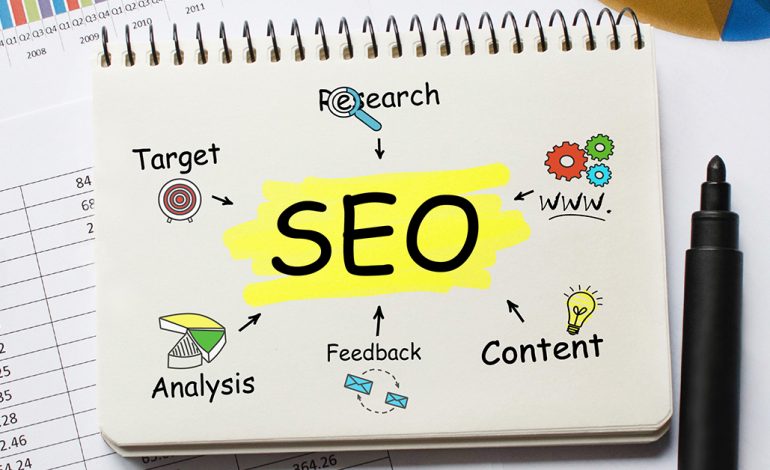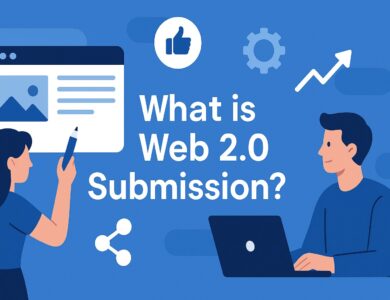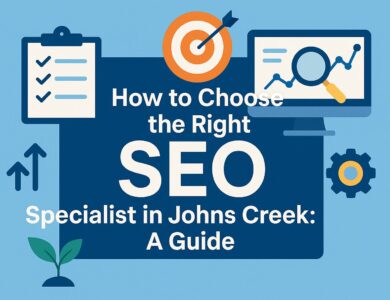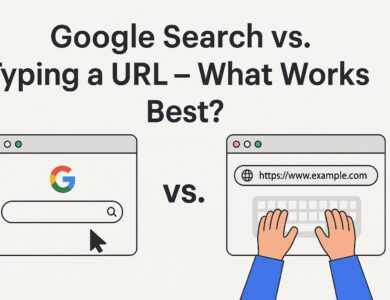
People search the internet when they are looking for something, and it is important that SEO marketers understand the reasons behind the searches. It means discovering the intent behind searches. Either people are looking up on the internet to find answers to problems they are facing, or they want to gather information for some products or services they are interested in, or they want to know the sources for procuring some products or services. Once marketers can understand the reasons for searching or user intent, it becomes easy to decide about the type of content to present that helps users in discovering the business quickly.

User intent is important for another reason because to serve the best results to users that are most relevant Google uses tools to discover user intent first before selecting content for displaying in search results. To make your website a favorite for search engines as well as users you must understand the purpose behind searches as it provides direction about what kind of content to prepare. It would improve the relevance of content and make the website pages relevant to search queries and improve SEO. User intent influences your SEO strategy because it takes your content closer to users as they would find it most useful. To know more about user intent you can talk to the SEO experts at
https://www.eliteresultsmarketing.com/little-rock-seo/.
Types of user intent
Your SEO strategy drives content creation for which you must understand different types of user intent. Start the exercise by entering the search terms in the Google search box that your users commonly use. By looking at the search results, you will be able to understand that users look for different types of content at various stages of the purchasing funnel. Accordingly, you can classify three types of user intent behind the search queries that come under informational searches, navigational searches, and transactional searches.
- Informational search queries – Users who are about to begin their purchasing journey would first prepare by gathering information about any particular product, service or topic related to it. The intention is to collect information as the user is not ready to buy but preparing for it. By looking at the search engine results page against any specific keyword of this genre, you will discover that all results align with the user intent. The search queries are more generic like ‘Bob Dylan songs’ that carries the hint that users want to see a list of songs of Bob Dylan.
- Navigational search queries – When users have taken the first step in buying but are still in the process of making up their minds they would like to look at content that helps them explicitly to consider their options. However, they are still not ready to buy as they are exploring what would be best for them. This type of search queries is usually in the form of questions like ‘What is the best smartphone under $1000’. The results would display a list of similar comparison blog posts that users find useful for taking decisions.
There might be much simpler searches that only want to know the web address of some organizations like users typing ‘Dell’ would make search engines understand that they are trying to reach Dell’s website.
- Transactional search queries – Users who have made up their minds to buy would initiate search queries that are transactional. This is when they would be looking for sources for buying any specific item, and naturally, most of the search results comprise of sellers of the item and names of stores selling the item. Since the search queries reveal what type of information users are seeking, it becomes easy for search engines to display the most appropriate result. This type of search queries could be for specific brands or manufacturers that help users to engage in transaction quickly.
Match content with user intent
Once you know what your audience is looking for, start evaluating your current content to see how much it matches with user intent. Check your top performing keywords by entering it in Google Analytics to get a result page that lists the content. If the page displays content that provides tips for cleaning water purifier systems against the keyword ‘buy water purifier systems or home,’ you are not providing the relevant content to users, and there is no chance of ranking.
To serve relevant content to users, you must rev up your SEO strategy so that when users are looking for information to buy water purifier system, they can reach a product page and not any page that carries a blog post that provides necessary information only. The improvement will help users get the right information, and you will gain from higher chances of conversions.
If your other blog posts are not attracting users, improve it by incorporating more informational keywords. Similarly, including transactional keywords in the product page that should help to improve ranking for searches lined with that type of user intent.
Create content by targeting user intent
Creating a user-intent driven SEO strategy is not all about keywords only, but you must look at the bigger picture by considering content creation with user-intent in mind. Google entirely focuses on user intent, and if your content is at variance with the keyword that underlines user-intent, there is no reason why Google should pick it up against search queries.
For example, if the search query is about ‘how to jailbreak a phone’ and your content is about ‘how to upgrade mobile phone software’ your content will surely not show up in search results. However, your content will show up against search queries around general information about mobile phones. In any case, it does not help to generate leads.
For meeting user expectations, you must plan content by considering each type of user intent that will guide them through their buying journey. Once users discover your content during the informational stage, they would try to relate to your content in the subsequent stages too, and you must be prepared to serve them with the right type of content.







